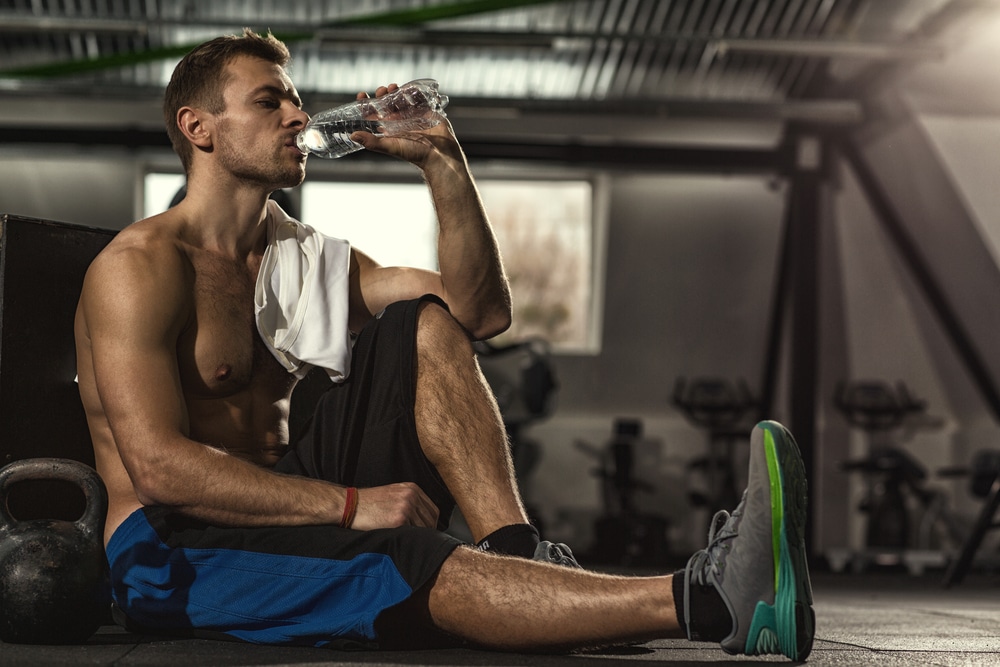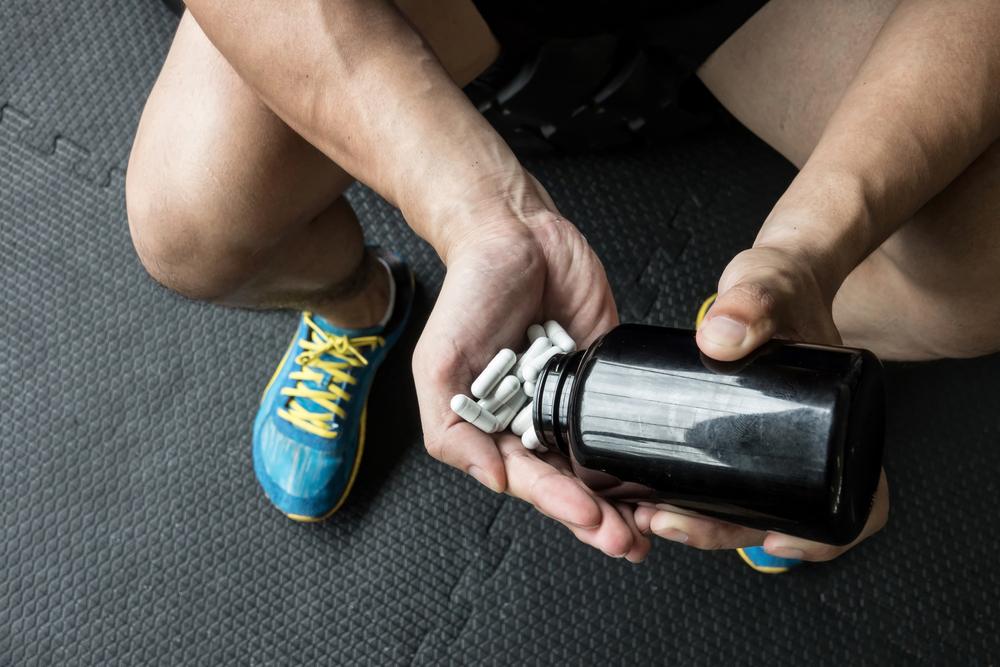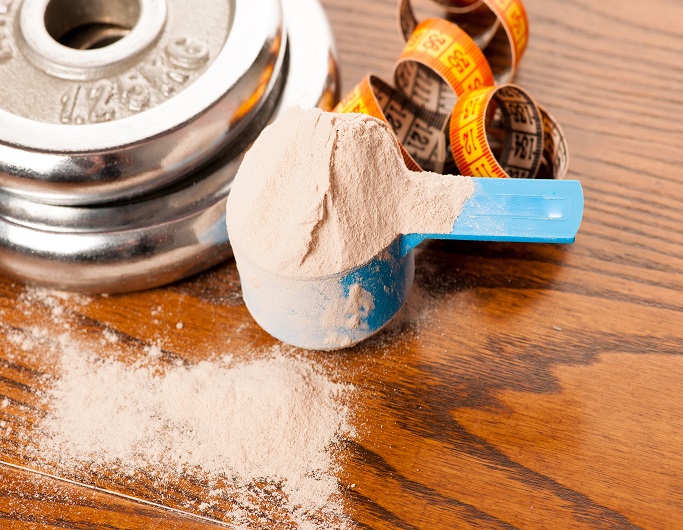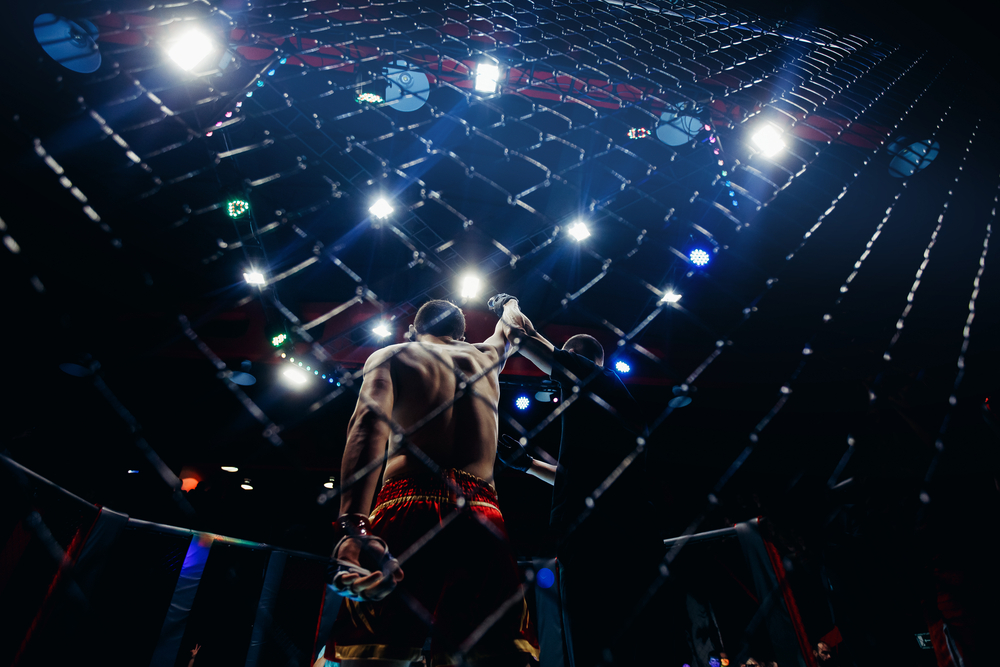
Hydration, It’s More Important Than You Think…
Now I’m sure you know the importance of keeping hydrated, however, when working out it there are some different principles which come into play and I can almost guarantee when I am at the gym this evening I will see people drinking litre upon litre during their workout and other people drinking next to nothing. So, I thought I’d put this article together to provide an insight to how important hydration is from our point of view… You are welcome.
Now hydration status can be hard to tell, we don’t have a dial that tells us if we are or aren’t sufficiently hydrated, however, it is really easy to tell. All you need to do is look at your urine and compare it to the chart below, the clearer it is the better job you are doing.

Ok, so far it’s nice and easy right. I have clear urine so I’m hydrated done and dusted. Well, yes, however, I am a sport and exercise scientist, we’re going to look at this in more depth and break it down more so you understand just how important hydration really is.
Being dehydrated by as little as 1% has been proven to negatively effect performance, as it can cause a decrease in work capacity, muscular strength and maximal oxygen uptake amongst many other issues (3, 7, 12). Adding to this, multiple studies have been done which mimicked sporting situations with each study coming to the same conclusion, that dehydration negatively effects performance (6, 8-11). Also being adequately hydrated has been shown to reduce perceived exertion and heart rate (6, 10), now what do I mean by perceived exertion? Well simply, participants in the study whom were adequately hydrated did not feel the task was a physically demanding as participants which were dehydrated.
Right, I feel I’ve gone on enough about dehydration being bad for your performance and you probably want me to tell you how you can avoid being dehydrated during your day and your workout.
Staying Hydrated Through The Day
During the day, the best thing to do is monitor the colour of your urine, if it’s going a darker shade get some water. An important note is not to rely on feeling thirsty, as the feeling of thirst does not actually start until dehydration is setting in (7). Staying hydrated during and after a workout is a different situation entirely and firstly we will take a look at preparing for your workout.
It is recommended by the ACSM (American college of sports medicine) that you should drink between 400ml and 600ml of water two hours prior to your workout (1). This is for one simple reason, it allows your body to absorb what it needs and the rest to pass through your system. Now how about staying hydrated during your workout? Well this can be a complicated area as each one of you reading this will be doing a different workout which will mean different metabolic processes and each of you will sweat a different amount so I am going to summarise for everyone.
STAYING HYDRATED DURING EXERCISE
During exercise when dehydration occurs our bodies release chemicals called ADH (anti-diuretic hormone) and aldosterone, the purpose of these two chemicals is simple, they promote water and sodium retention in the kidneys (3, 7). I will touch on the sodium part in a little while. As for putting an exact figure on how much to drink during your workout is difficult, each of us will loose a different amount of water, however, the NSCA (National Strength and Conditioning Association) recommend a fluid intake of 177-237ml every 15minutes during exercise (2). Now is a good time to revisit the mention of sodium retention, this occurs to promote the sensation of thirst, so during exercise it is better to drink when you are feeling thirsty opposed to trying to hit the NSCA recommendation (7).
STAYING HYDRATED AFTER EXERCISE
Now we’ve finished our workout, we should just go and drink gallon upon gallon of water right? NO! I cannot stress this enough. To ensure optimal rehydration we should weigh ourselves before and after our workout and look at the difference and drink and for every Kg lost we should drink 1.5L of water, so if you see a difference of 10Kg you should drink 15L of water. I did just say not to drink gallon upon gallon of water yet I’m giving you an example where you might need to drink 15L of water, the process of rehydration is not something you can do within minutes of ending your workout. Once you know how much water you need to rehydrate you should aim to drink this over the next six hours as this is how long the rehydration process can take (3, 7).
I know a lot of you reading this will workout after work in the evening and might not have six hours left in your day to do this if this is the case drink over the remainder of your day and then resume in the morning. This is for one very simple reason, hyponatremia. Every year before and after the London marathon participants fall ill due to this and it can be very, very, very serious. And on that note I am going to end the article, hydration is a vast topic and in this article I have laid the foundation for my next article where I will look at hydration, however, next time I’ll be looking into the difference of isotonic, hypotonic and hypertonic drinks and what you need to do to make your own with products available here at the protein works.
References;
1. American College of Sports Medicine. (2006). ACSM’s advanced exercise physiology (Vol. 143). C. M. Tipton (Ed.). Lippincott Williams & Wilkins.
2. Baechle, T. R., & Earle, R. W. (2008). Essentials of strength training and conditioning. Human kinetics.
3. Brooks, G., Fahey, T., & Baldwin, K. (2005). Exercise Physiology Human Bioenergetics and Its Applications. (4th ed.). New York: McGraw Hill
4. Burke, L. M. (2013) Practical considerations for bicarbonate loading sports performance. Nestle nutrition institute workshop series, 75, 15-26.
5. Grandjean, A. C., & Grandjean, N. R. (2007). Dehydration and cognitive performance. Journal of the American College of Nutrition, 26(sup5), 549S-554S.
6. Kalman, D. S., & Lepeley, A. (2010). A review of hydration. Strength & Conditioning Journal, 32(2), 56-63.
7. Kenney, W., Wilmore, J., & Costill, D. (2012). Physiology of Sport and Exercise. (5th ed.). United States: Human Kinetics
8. Lieberman, H. R. (2007). Hydration and cognition: a critical review and recommendations for future research. Journal of the American College of Nutrition, 26(sup5), 555S-561S.
9. Manz, F. (2007). Hydration and disease. Journal of the American College of Nutrition, 26(sup5), 535S-541S.
10. Murray, B. (2007). Hydration and physical performance. Journal of the American College of Nutrition, 26(sup5), 542S-548S.
11. Maughan, R. J. (1991). Fluid and electrolyte loss and replacement in exercise*. Journal of Sports Sciences, 9(S1), 117-142.
12. Maughan, R. J. (2003). Impact of mild dehydration on wellness and on exercise performance. European Journal of Clinical Nutrition, 57, S19-S23






No Comments yet!